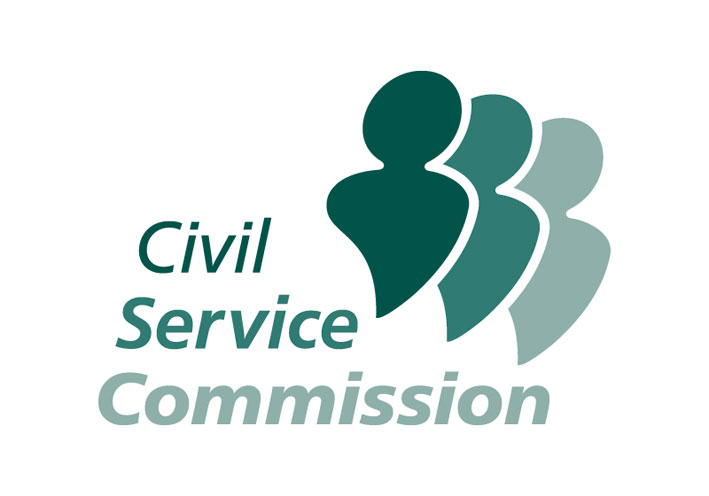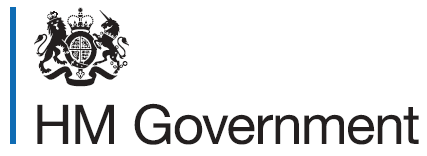Our people
In a new blog, the Commission’s interim Chief Executive, Kate Owen, talks about the skills, qualities and background of the Commission team and how a diverse team helps the work of the three regulatory bodies that the team supports.
Recent reports have made the assumption that the Civil Service Commission staff - unlike the 14
independent Commissioners we support - are all life long civil servants, seconded to the Commission
with limited experience of other walks of life. It’s an easy mistake to make. The Commission’s
annual report broadly sets out the way in which the statutory independent Commission is staffed
and resourced. But - as is so often the case with statistics - the story can be quite different when you
take a more granular look.
As the Interim CEO, I want to share more about the Commission team,what it is like to work
supporting three small arms-length bodies and how we foster the diversity of thought integral to the
work we do.
The Commission secretariat supports the Commission and two other independent bodies - the
Advisory Committee on Business Appointments and the Commissioner for Public Appointments.
Our staff are recruited externally, but become civil servants on entry. As you would expect, we are
strong advocates of external by default and advertise our roles externally to ensure we have access
to the widest possible talent pool. Of our 22 staff, 86% have spent part of their career outside of
Government in professions as diverse as finance, banking, teaching, law and academia. Those with
greater experience in the Civil Service bring valuable skills from regulatory bodies. Working in the
Commission requires the ability to gather information, analyse it and exercise judgement allied with
high levels of emotional intelligence in engagement with those bringing cases to us, sometimes in
relation to some of the higher profile integrity questions of the day. The diversity of our team’s
professional and personal backgrounds brings the ability to understand issues from a variety of
perspectives. This is a real strength for the three offices the secretariat supports.
Our staff regularly find themselves balancing competing priorities - for example, the right of anyone
to earn a living post government with the risks to government of taking up a particular role. Or at
OCPA, whether a candidate has been treated fairly in an appointment process. Or for the Civil
Service Commission, dealing with departments’ recruitment queries, making sure the statutory
principles of fair, open and on merit have been met for the 90,000 candidates who apply for roles in
the Civil Service each year.
These are unusual roles requiring an exceptional range of skills but we have found that the necessary
skills can be acquired from many different walks of life. We invest considerable time in training new
members of staff to exercise judgement within a logical framework and work hard to create a
culture in which everyone feels that they can bring their view. A key part of this has been fostering a
flatter organisational structure in which everyone can contribute their thinking to shape the overall
strength of the judgements reached. The team’s diversity of thought and background are hugely
beneficial in reaching robust and rounded judgements on the often sensitive issues at hand.
Our recruitment focuses strongly on the skills a candidate might bring rather than where they have
acquired them. This year we have recruited 16 new staff - and our recent People Survey results put
My Manager at 88% and Inclusion and Fair Treatment at 97%. We are also exceptionally proud of
what staff who have left us have gone on to achieve - either within or outside the Civil Service. The
Commission is a big fan of interchange - and the need to refresh and bring in new skills and talent.
Our team is proud of the contribution it makes to integrity in Government and is an excellent
example of what can be achieved by actively recruiting for a diverse mix of people and skills and
being inclusive in its approach to staff development.

